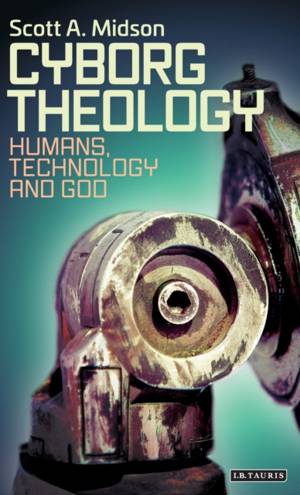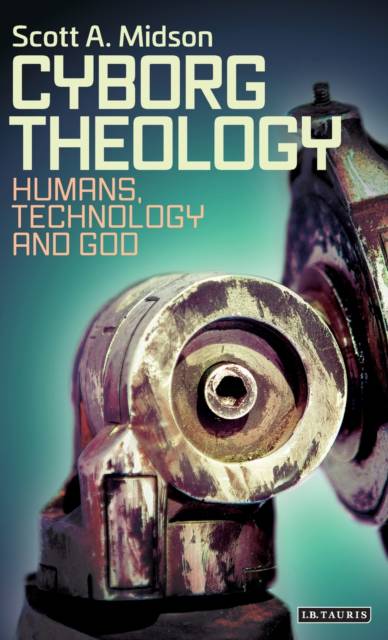
Bedankt voor het vertrouwen het afgelopen jaar! Om jou te bedanken bieden we GRATIS verzending (in België) aan op alles gedurende de hele maand januari.
- Afhalen na 1 uur in een winkel met voorraad
- In januari gratis thuislevering in België
- Ruim aanbod met 7 miljoen producten
Bedankt voor het vertrouwen het afgelopen jaar! Om jou te bedanken bieden we GRATIS verzending (in België) aan op alles gedurende de hele maand januari.
- Afhalen na 1 uur in een winkel met voorraad
- In januari gratis thuislevering in België
- Ruim aanbod met 7 miljoen producten
Zoeken
Omschrijving
In particular, Donna Haraway argued in her famous 1991 'Cyborg Manifesto' that people, since they are so often now detached and separated from nature, have themselves evolved into cyborgs. This striking idea has had considerable influence within critical theory, cultural studies and even science fiction (where it has surfaced, for example, in the Terminator films and in the Borg of the Star Trek franchise). But it is a notion that has had much less currency in theology. In his innovative new book, Scott Midson boldly argues that the deeper nuances of Haraway's and the cyborg idea can similarly rejuvenate theology, mythology and anthropology. Challenging the damaging anthropocentrism directed towards nature and the non-human in our society, the author reveals - through an imaginative reading of the myth of Eden - how it is now possible for humanity to be at one with the natural world even as it vigorously pursues novel, 'post-human', technologies.
Specificaties
Betrokkenen
- Auteur(s):
- Uitgeverij:
Inhoud
- Aantal bladzijden:
- 272
- Taal:
- Engels
- Reeks:
Eigenschappen
- Productcode (EAN):
- 9781784537876
- Verschijningsdatum:
- 30/12/2017
- Uitvoering:
- Hardcover
- Formaat:
- Genaaid
- Afmetingen:
- 145 mm x 218 mm
- Gewicht:
- 498 g

Alleen bij Standaard Boekhandel
+ 542 punten op je klantenkaart van Standaard Boekhandel
Beoordelingen
We publiceren alleen reviews die voldoen aan de voorwaarden voor reviews. Bekijk onze voorwaarden voor reviews.









